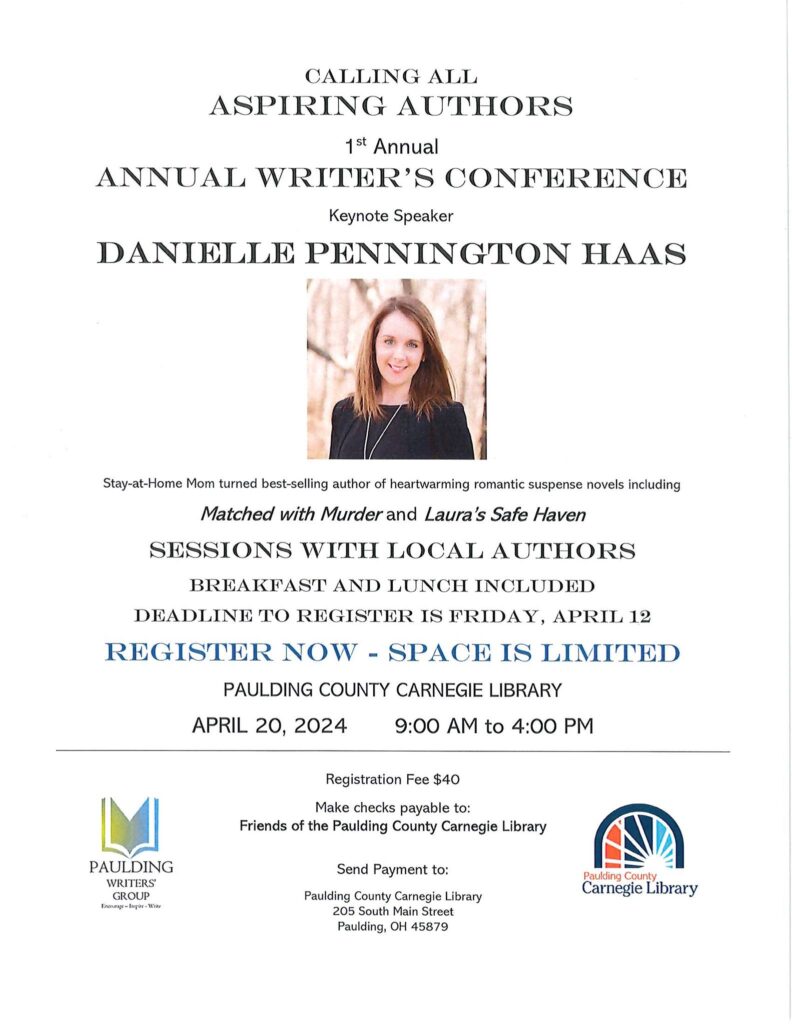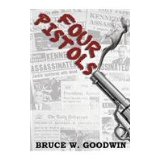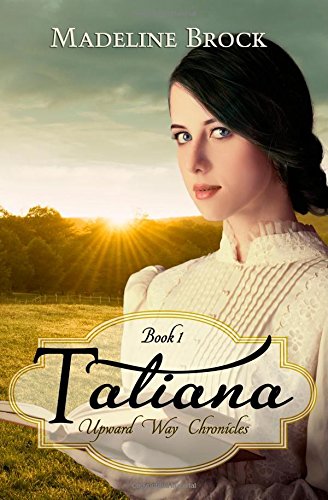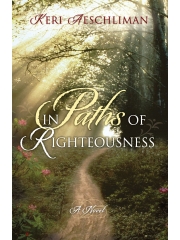
Interview with author Rich Phelan
I’d like to introduce you to author Rich Phelan. After reading an excerpt of Rich’s work, I’m excited that he’ll be speaking at the Writer’s Conference in April. You can find more details about this conference at the end of the interview.
One thing I enjoy about interviewing other authors is seeing how differently our minds work. I enjoy knowing that some of us share a similar writing process while others encourage me, through our differences, to try something new.
I also love hearing how different authors describe themselves and the part of their brain that houses all the stories waiting to be written. In this interview, I particularly enjoyed how Rich described the “waiting room” in his mind while talking about how he names his characters.
Enjoy!
Rich, I’d like to highlight your book Edge of Darkness, what is the significance of the title?
This is actually a pull quote from the main antagonist in the book. Normally I don’t struggle to find a title, it’ll find me. Most of the time I have a good idea for the title when I begin telling the story, other times it comes as I go deeper.
Tell me a bit about this book.
E.O.D “This is New Orleans. Down here ghosts be real whether you believe in ‘em or not.”
Seven unsolved murders, seven random killers. The only connection between the murderers is the same strange mark, and their immediate suicides after. The FBI realizes after a ten-year absence – the Puppet Master Killer is back.
Rookie FBI profiler, Dee (Bodi) Bodel, gambles her job, freedom and her life on her dream of redeeming her dead father’s reputation. She assembles a team – Yale Rice, the brilliant ex-FBI agent now addicted to self-destruction after his previous partner was murdered by the Puppet Master, and Roman Walters, a faith deprived priest exiled to a dying perish, to stop him.
In New Orleans Bodi and her team unmask depraved cops, politicians, members of the city elite willing to lay down their lives to stop her from discovering the hidden truth – the Voodoo Queen is no ghost story. Along the way they receive help from Roman’s past to stop the Puppet Master, and still the beating black heart of the Voodoo Queen before Bodi is the next to commit murder.
I’ll tell you, Beth, I love telling stories and I loved telling this one.
How important are names to you in your books? Do you choose them based on the way they sound or their meaning?
Great question Beth – Sometimes the names come with the stories especially historical characters, other times I go to the “waiting room” in my mind that’s filled with characters just waiting for their story to be told. I’d like to say it’s a tranquil place, where they wait patiently, but they do not work and play well together. Picture the waiting room scene in Beetlejuice, and you’ve got a good idea. They’re jockeying for position, taking each other’s numbers it’s chaos.
What does your writing process look like?
I’m a very instinctual writer, meaning my job is to tell the story I’m seeing, hearing and experiencing as best I can. I stopped reading books on writing because it started giving me a complex! I was always doing it “wrong.” Like when I’d go to a golf pro, they always seemed more interested in me swinging like them instead of developing my style. I finally read Stephen King’s On Writing, and I felt a whole lot better about how I was developing as a writer and storyteller, instead of writing the way someone else does, (which is great for them), I found my own voice.
Do you ever experience writer’s block? What do you do to overcome it?
Absolutely! Being an instinctive writer my process goes something like this – write, write, write, edit, edit, edit like a madman as the story is flowing. Then I write some more, edit some more. The closer it gets to the final product, it’s more write, tweak, write, tweak.
It’s usually around the 27th tweak where I start slowing down, the flow or groove begins to slow, if I push it stops – writer’s block. I used to power through as a young writer but I have learned to listen, and stop for a while. Put it down, walk away from it, don’t look at it or think about it.
After a while, I’ll get the urge, I’ll hear the characters again like I did when I started writing, they’ll start “telling” me where the story needs work. When I go back in I have fresh eyes, ears and am ready to dive back in until the story is told.
That’s also my process for knowing when the story is told, that I’m finally done with it. When I can’t look at it anymore or do one more read through, I move to another part of the book, until I’ve come to the end. When the story is told, I am done.
I learned this the hard way, too much of me and my “tweaks” can ruin a good story. When I was a kid we’d go to the ocean in the summer. I would spend hours making sand castles; I’m talking big sprawling edifices right on high priced, ocean side real estate. I really didn’t know what I had! Eventually, I would stand back and survey my sand castle brilliance. But that parapet is sagging, so I’d bolster it up – that’s better. Well, now that wall is bowing, I better shave that down a little – that’s more like it. Shoot, now that wall is crooked, I guess I better shave that down too. Eventually, the whole thing caved in or I screwed around so long, the tide came in and washed the whole thing away.
Moral of the story, Beth – when it’s done leave it alone. If it’s writer’s block, listen to your heart it will tell you when the story’s been told, or if you need to pick it back up again.
Do you remember the first piece of writing that you did that made you feel like you might want to pursue writing someday? About how old were you?
I have always been a storyteller. I was that kid in school who cheered when assigned a writing project, man the looks I got! A few years ago my parents gave me a bag of stuff from my childhood bedroom. Inside was a folder of a few of my stories from school. I sat reading them for hours and man, were they bad. I mean really bad, like Hallmark Christmas movie, meets 1980’s afterschool special bad.
The thing is I don’t care, I loved doing it and I kept at it as an adult. Somewhere around 2008 I got the inspiration for what would become my Wraith trilogy and I began writing it, I was 41. The thing is, I knew the story I was seeing, and hearing but I didn’t have the writing skills to bring it to life on paper. But I kept writing, working on my writer’s voice and about 2012 the story began looking and sounding on paper like it did inside me. I haven’t slowed down since.
It was also in these years along with finding my voice that I discovered my goals for writing. 1) have a story to tell 2) tell it well 3) make it worth the ride for the reader (do not bore them!). If I can accomplish those things, then I believe I have done my job, once I give that story away to someone else, it’s the story’s job to become “their” story.
What writing projects are you currently working on?
I am writing the sequel to EOD – called Return to Darkness. Currently, I am about 40K words into it and growing, like its predecessor, this story is taking on a life of its own.
Here’s a little teaser, Beth. When completed the “Darkness books,” will be tied into the Wraith trilogy “universe” when they are released.
What is something interesting about you that most people don’t know?
I don’t know, Beth, my life seems pretty tame, you should probably be asking my wife, Julie this one. On second thought, don’t. I’ll take a crack at it.
I have a really diverse background – 12 years working in the Michigan Department of Corrections, 15 years in vocational ministry, and 7 years in law enforcement as a Deputy Sheriff have all combined to give me one interesting worldview.
I have always had a sarcastic/dry sense of humor, think Monty Python, numerous British comedians. Not everyone gets British humor, or me, but that’s all right. This world would be pretty damn boring if we were all alike.
What books are on your TBR list?
For a writer I am a horrible reader. I know this is a mortal sin for a writer, I have heard at every writer’s conference and every book on writing, that you have to be a good reader. I agree with this in part – I love books and a great story, I have my favorite authors – Tolkien, C.S. Lewis, Poe, Dickens, Stephen King, Thomas Harris, Anne Rice, John Irving… the list goes on.
I seem to spend more time writing than reading.
What advice would you give to aspiring authors?
Another great question, Beth!
I have three simple things that I would say to anyone wanting to be a writer:
- If you’re passionate about writing, don’t let anyone, not even yourself, talk you out of it – writers write.
- Don’t settle. Strive to make yourself better. Writing/telling a story is a gift, but it’s also a skill that improves as you do more of it.
- For fiction writers – your story is not done until you have told it, re-told it, and re-told it again until it looks, sounds, and feels like you see.





